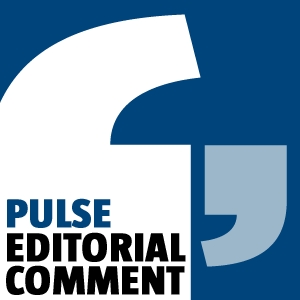First, the good news. The NHS reforms have not, despite some dire predictions, resulted in disaster. The health service continues to function, just about. The public’s perception of GPs did not change overnight, the doctor-patient relationship endures. There has been no immediate explosion of privatisation – though some fear the worst is yet to come.
No, somewhat unexpectedly, GPs’ main criticism of the NHS reforms a year after they came into being is not that they have done too much, but rather that they have not done enough.
There has been seismic structural change, with PCTs abolished and replaced not only by CCGs but a baffling array of other bodies – commissioning support units, clinical senates, health and wellbeing boards and so on. And yet somehow, it all seems depressingly like business as usual.
For all that many GPs were reluctant to take on commissioning responsibility, there was an element of excitement too, a sense that the profession was finally being given its chance to prove its management mettle. As I wrote this time last year, ‘GPs are uniquely placed to influence clinically sound, local, evidence-based changes to the way the NHS is run’.
Twelve months on, despite the odd local success story, the promised transformation of NHS commissioning does not seem to have materialised.
Our cover story this month reveals how GPs have gradually been sidelined from the commissioning process they were supposed to lead. Just 43% of CCG board members are now GPs – and GPs constitute a majority on fewer than a third of CCG boards. The proportion of grassroots GPs who feel they are more involved in commissioning as part of a CCG than under PCTs has, astonishingly, fallen further over the past year, to just 33%.
Even where GPs do have influence with their CCG, they all-too often find themselves overruled by the powers-that-be at NHS England. When as passionate an advocate of the reforms as Dr Michael Dixon says GPs are still ‘bottom of the pile’, it’s pretty clear the commissioning revolution has failed to deliver.
For some, of course, that will be a relief. Let managers be managers, let doctors be doctors. And yet it feels like a missed opportunity, and a waste. The recent upheaval of the NHS has had a real cost – the health service has been wrapped up in reorganisation at a time when its attention was badly needed elsewhere. If the end result is more of the same… well, what was it all for?
Moving on
After seven years at Pulse, and two years as editor, this will be my last issue. Next month Nigel Praities, currently deputy editor, steps into the hot seat.
As a profession, GPs are a journalist’s dream – knowledgeable, independent-minded and ever-quotable. It’s been a real privilege to report on general practice during a period of immense change, and to meet so many of you in the process.
Right now, with spiralling workload, flatlining funding and a growing recruitment crisis, general practice seems to be facing an uncertain future. But I have a sneaking suspicion that in 20 years’ time, when the current troubles and the NHS reforms are but a distant memory, hard-working GPs will still be plugging away at the day job, taking care of their patients, and doing it rather well.
Pulse October survey
Take our July 2025 survey to potentially win £1.000 worth of tokens













